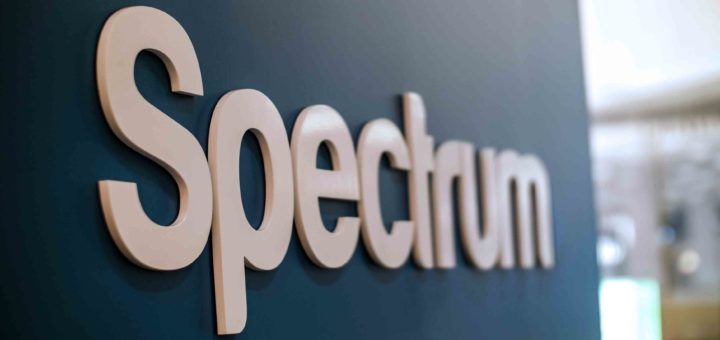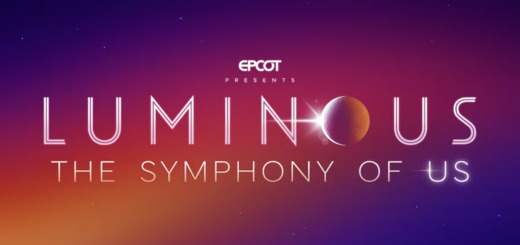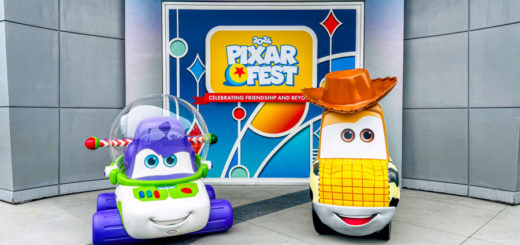Charter Communications CEO Doubles Down On Disney Fight
Spectrum Television subscribers were left in the dark last Thursday when the cable company blacked out Disney-owned stations.
The blackout was a drastic move by Charter Communications, which found itself at an impasse with Disney over a new carriage deal.
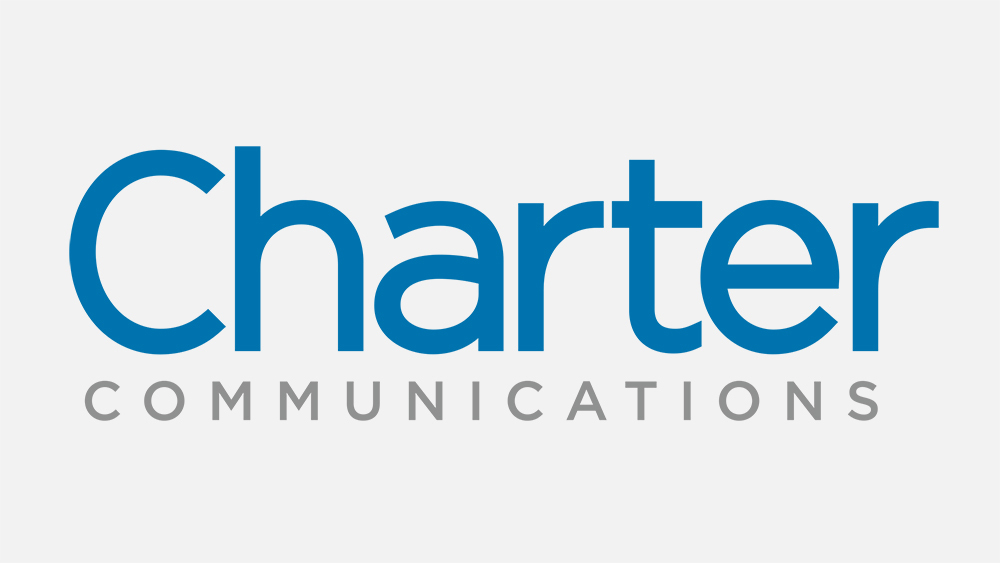

Charter wanted Disney to include free access to its streaming services as part of the new deal, arguing that the current financial model for cable television no longer works.
Disney, for their part, has called such an arrangement a non-starter and publically lambasted Charter for the blackout.
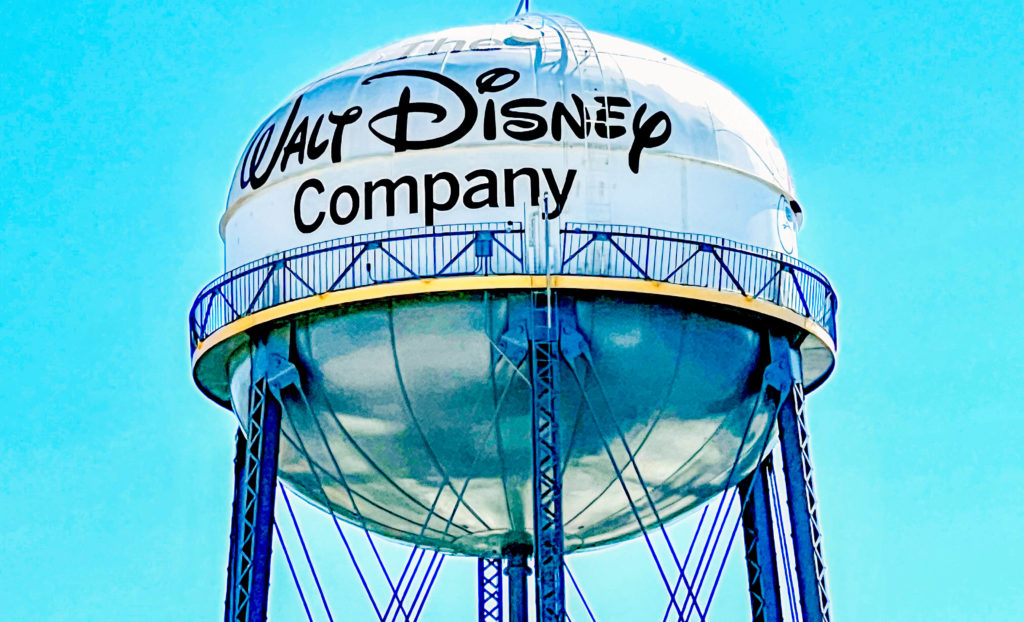

While both sides were digging in, the dispute between Disney and Charter looked like another carriage fight, one that would ultimately end in compromise. As it turns out, however, that may not be the case.
Could Charter Move On From Sports?
At a Goldman Sachs event on Thursday, Charter Communications CEO Chris Winfrey floated the idea that Charter could simply move forward without the Disney-owned channels, and create a new “sportless” package.
“We had to say enough is enough, or else we’re gonna have to move on to a different model,” Winfrey said.
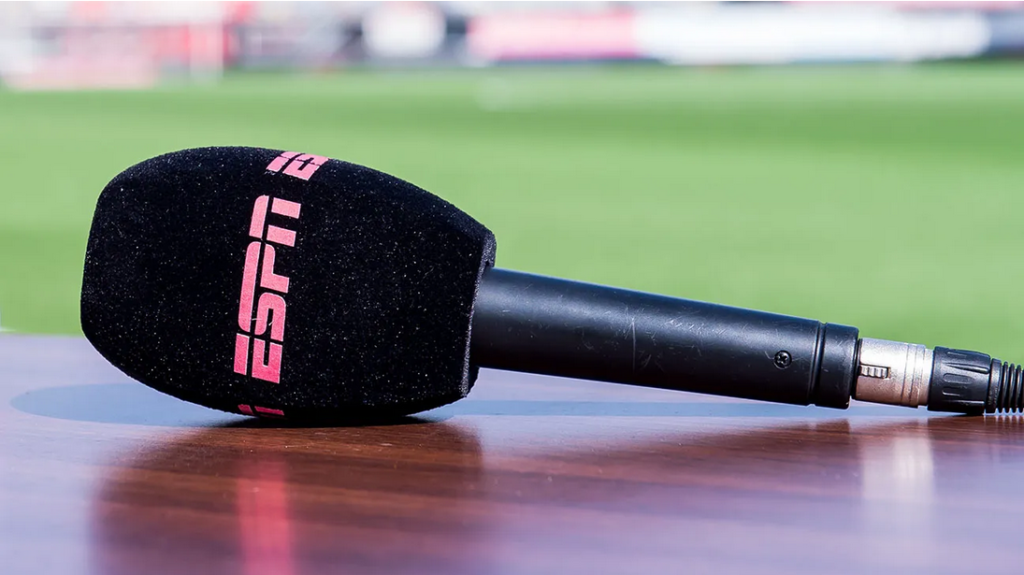

Photo: ESPN
While live sports have traditionally been the backbone of cable television, ESPN has also long been a thorn in the side of non-sports watchers. According to Sportico, ESPN commands an average carrier fee of $9.42 per month, regardless of whether or not viewers are interested in the 24-7 sports channel.
According to Winfrey, the Disney dispute will let Charter determine what subsection of its customer base wants sports offerings, and which does not. Charter would then be able to offer sports through streaming or video-on-demand while reducing the package prices for non-sports fans.


Photo: Charter
Essentially, Charter would be “be self-selecting for customers who are actually looking and willing to pay that type of price for sports content,” Winfrey explains.
Winfrey Says The Cable Paradigm Needs to Change
In Winfrey’s views the paradigm that has prevailed, through which linear television and streaming are viewed as two separate entities, is at the core of the Disney-Charter deadlock.
“They’re focused on direct-to-consumer businesses as if it was a completely separate business,” Winfrey said. “I don’t think it’s a separate business. You have to take a look at the two together; you have a consolidated set of cash flows.”
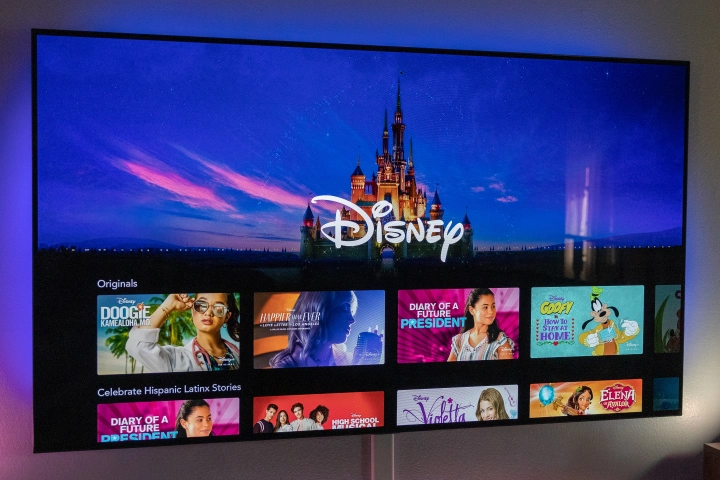

Photo: DIsney+
In the Charter CEO’s view, Disney and their ilk have held up streaming, while letting their “linear programming house burn to the ground.”
While the latest statement from Winfrey could just be posturing, it could also represent a drastic shift in how cable companies operate. It now seems as if the results of the Disney-Charter negotiations could have a lasting effect on the media landscape.
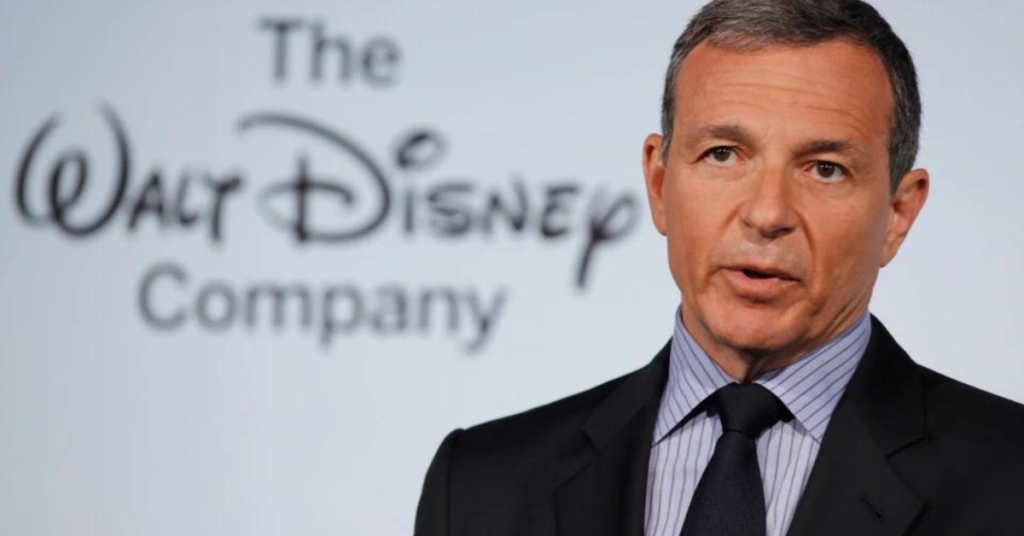

Photo: Chip Somodevilla/Getty Images


